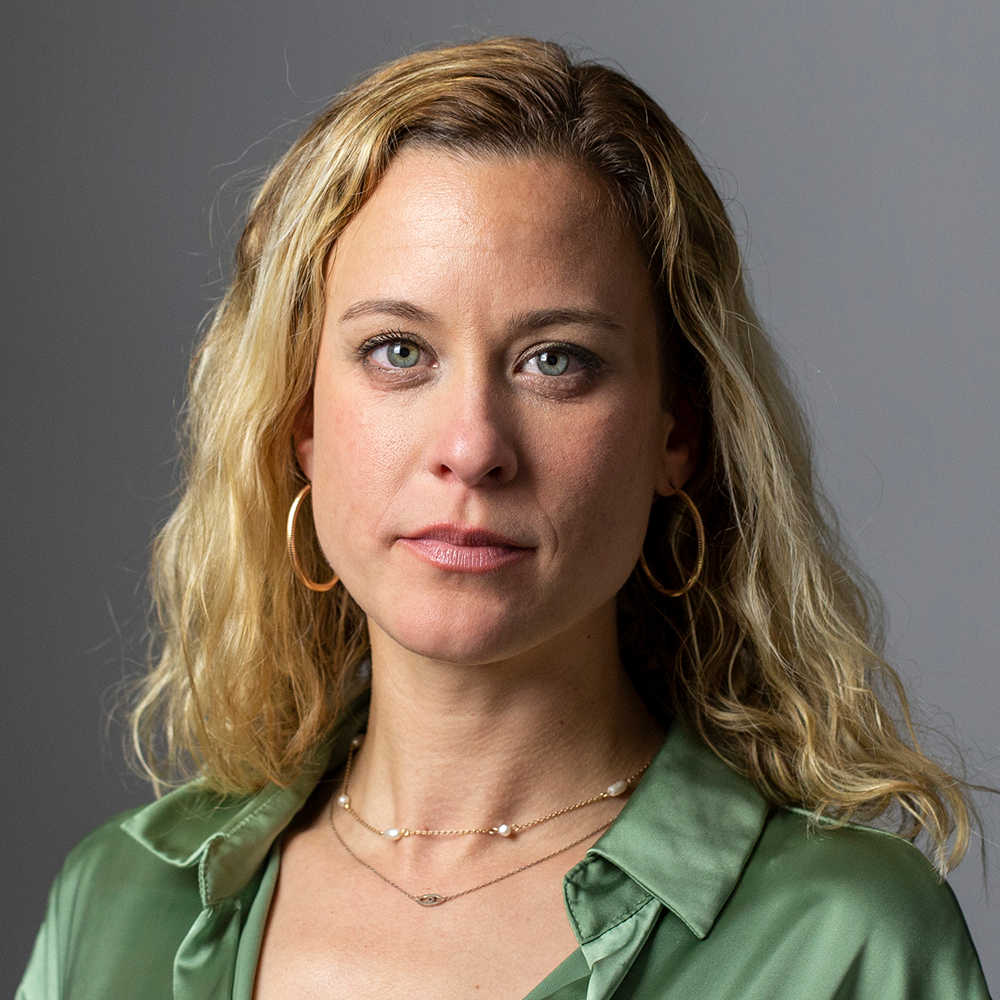

Switzerland Today
Dear Swiss Abroad,
Hold your horses: the US tariff rodeo continues. A phone call between Swiss President Karin Keller-Sutter and US President Donald Trump regarding trade and tariffs is making headlines both in Switzerland and abroad.
Switzerland is back – at least in key European Union research programmes. But foreign journalists are staying away from the Alpine state, citing fears of being questioned or even detained under Switzerland’s banking secrecy laws.
Sunny regards from Bern,

Did a 25-minute phone call yesterday between Swiss President Karin Keller-Sutter and US President Donald Trump influence his dramatic reversal on US tariffs? That’s the question being asked in both Swiss and international media.
Here’s what we know: the call took place yesterday at exactly 9am Washington time, 3pm in Switzerland. Just hours later, Trump announced a U-turn on most of the new tariffs – sparing all but China.
Following a storm of criticism, Trump was reportedly under significant pressure from multiple fronts. Speaking to Swiss public television, RTS, historian Jérôme Gygax identified three sources of pressure that probably made Trump change direction: economic damage in the US, dissent within the Republican party and looming countermeasures from China and the EU.
Yet amid the whirlwind of international diplomacy, only one foreign leader was named in The Washington Post: Swiss President Karin Keller-Sutter. “That’s quite remarkable,” said Gygax.
According to the Swiss finance ministry, during her talks Keller-Sutter emphasised Switzerland’s role as the sixth-largest foreign investor in the US, particularly in R&D, largely thanks to pharmaceutical giants like Roche and Novartis. She also highlighted Switzerland’s move to abolish tariffs on US industrial goods last year.
Gygax said fears among Trump officials that China, Japan and the EU might form a united front also contributed to the shift. But he adds: “Trump is guided by an economic theory that contradicts 40 years of research.” And, Gygax warns, this likely won’t be the last tariff rodeo of Trump’s presidency.

Another major reversal made the headlines today: Switzerland is officially rejoining the Horizon Europe and Erasmus+ EU research and education programmes.
The Swiss federal government has approved the agreement negotiated with Brussels. Retroactively from January 1, 2025, Switzerland will once again be associated with the EU’s education, research and innovation programmes, including Horizon Europe, Euratom and Digital Europe, Economics Minister Guy Parmelin announced at a press conference in Bern today. Switzerland must contribute CHF630 million ($751 million) to participate in the 2025 programme year.
The agreement is scheduled to be signed in November and may be applied provisionally until the end of 2028. Swiss voters should have decided on the agreement package with the EU by then.

Foreign investigative journalists are avoiding Switzerland, fearing legal consequences under the country’s strict banking secrecy laws. Writing about bank data from whistleblowers remains a criminal offence in Switzerland.
“Journalists can be prosecuted if they publish data they received about a person who violated banking secrecy,” the State Secretariat for International Finance (SIF) confirmed to the Tages-Anzeiger.
In 2022, over 100 journalists – including reporters from Süddeutsche Zeitung, The Guardian, Le Monde and the Organized Crime and Corruption Reporting Project (OCCRP) – published articles from investigations into sensitive Credit Suisse client accounts. The various articles exposed, among other things, Credit Suisse accounts held by former Egyptian intelligence chiefs accused of torture and human rights violations, writes the Tages-Anzeiger.
One of the journalists, Cecilia Anesi from the Italian Center for Investigative Reporting (IRPI), declined an invitation to lecture in Lugano after being “advised not to visit Switzerland” due to her reporting. She’s not alone: Antonio Baquero of OCCRP and German journalist Frederik Obermaier also say they now avoid Switzerland – even refusing flights with stopovers in Zurich.
In December 2022, the Swiss federal government authorised the Office of the Attorney General of Switzerland to investigate potential violations of banking secrecy in the Credit Suisse case. The whistleblower who leaked the data is still being sought.
After the data leak, questions were raised about whether the legislation on banking secrecy violates the freedom of the press. In February 2023, Finance Minister Karin Keller-Sutter acknowledged the issue: “The Federal Council recognises the importance of constitutionally guaranteed media freedom and is prepared to conduct the requested review.”

Over the past decade, the average age of youth offenders admitted to rehabilitation centres in Switzerland has fallen – from over 21 to under 19. At the same time, violence within these centres has increased, prompting expensive security upgrades.
Francesco Castelli, director of the Arxhof youth rehabilitation centre, told the Neue Zürcher Zeitung (NZZ) that four years ago two inmates brutally attacked a staff member – something “unthinkable” just 15 years earlier.
Today’s youth offenders, he says, often suffer from more severe psychological conditions, and have lower cognitive abilities, poor language skills and substance abuse problems – all factors that increase the risk of violence.
According to Philipp Eder, president of the Association of German-speaking Swiss Youth Home Directors, the root of the issue lies more broadly in society: “The young people society excludes end up at our centres. We’re seeing a structural breakdown.”
But Castelli urges society to keep the bigger picture in mind: “These boys grow up to become men, and those men become our neighbours. If we don’t work with them while they’re in custody, the chances of re-offending, and chances of more victims, only increase.”

In compliance with the JTI standards
More: SWI swissinfo.ch certified by the Journalism Trust Initiative




























